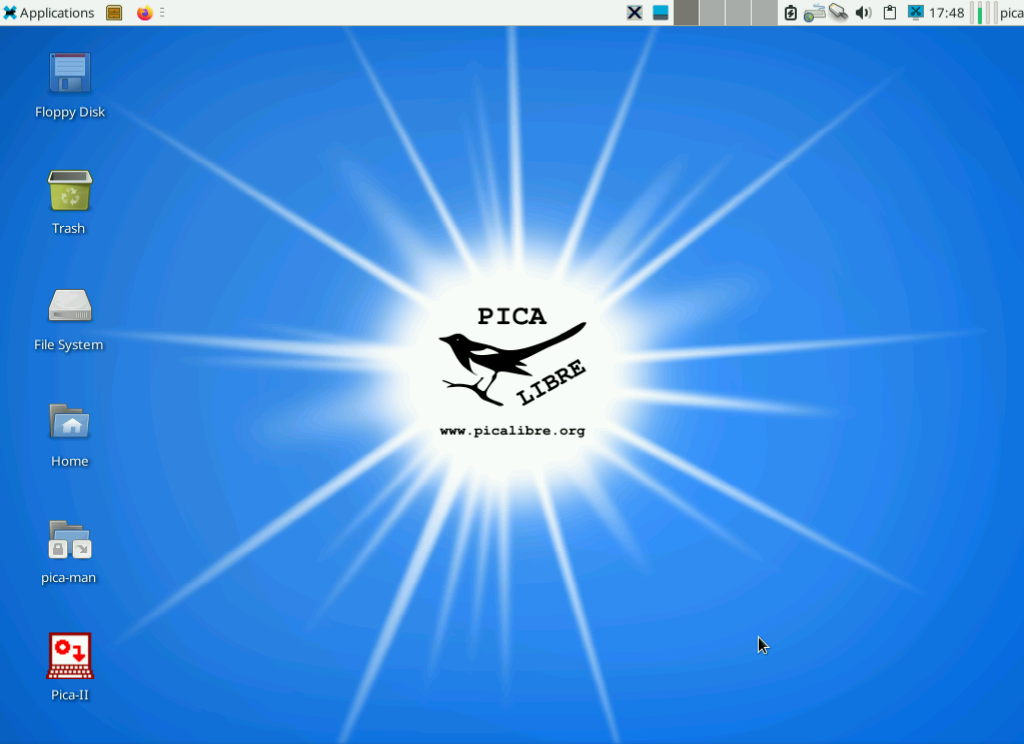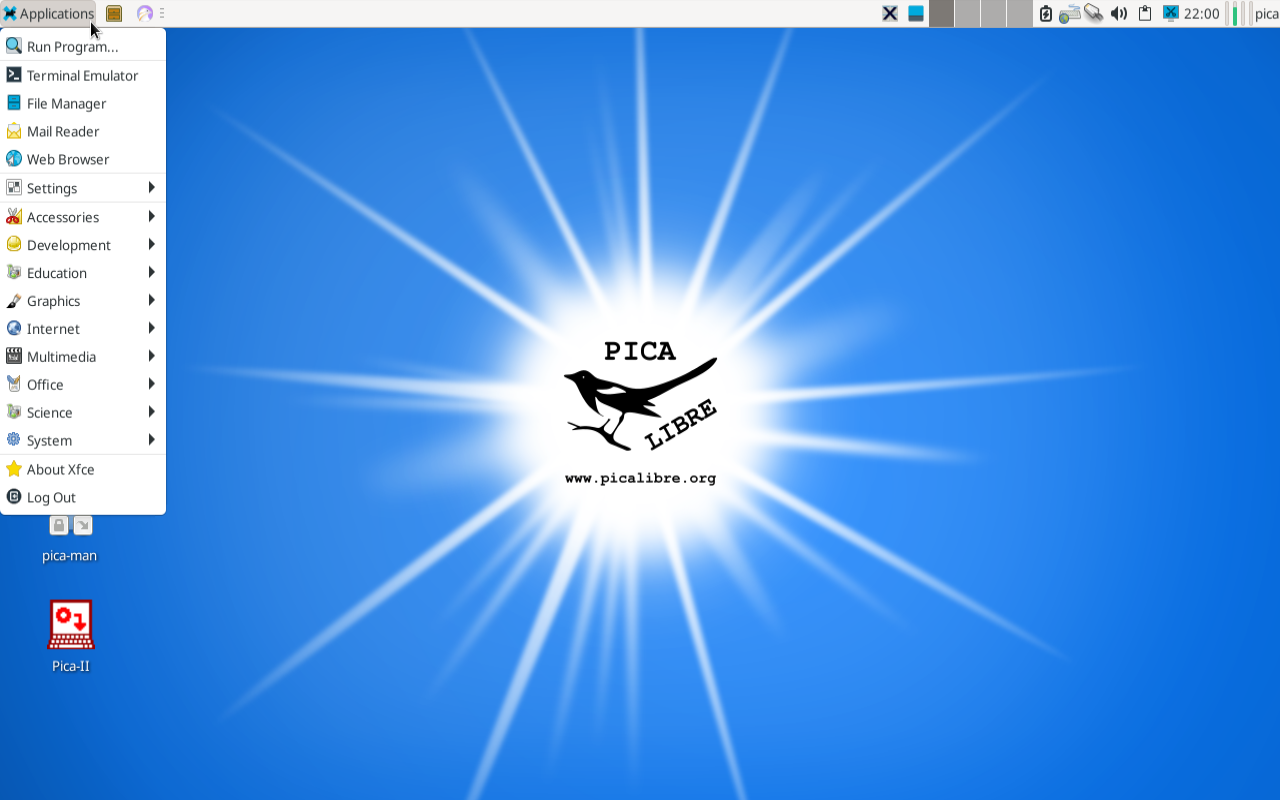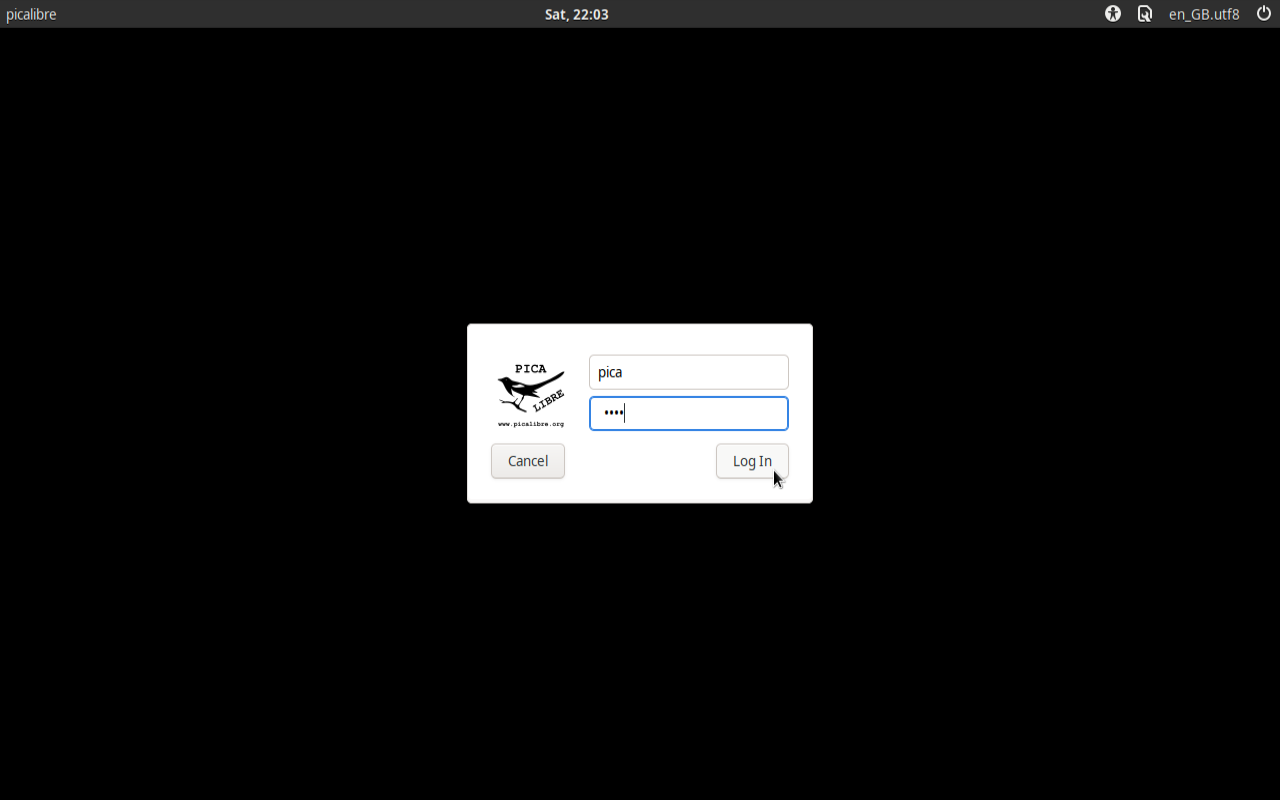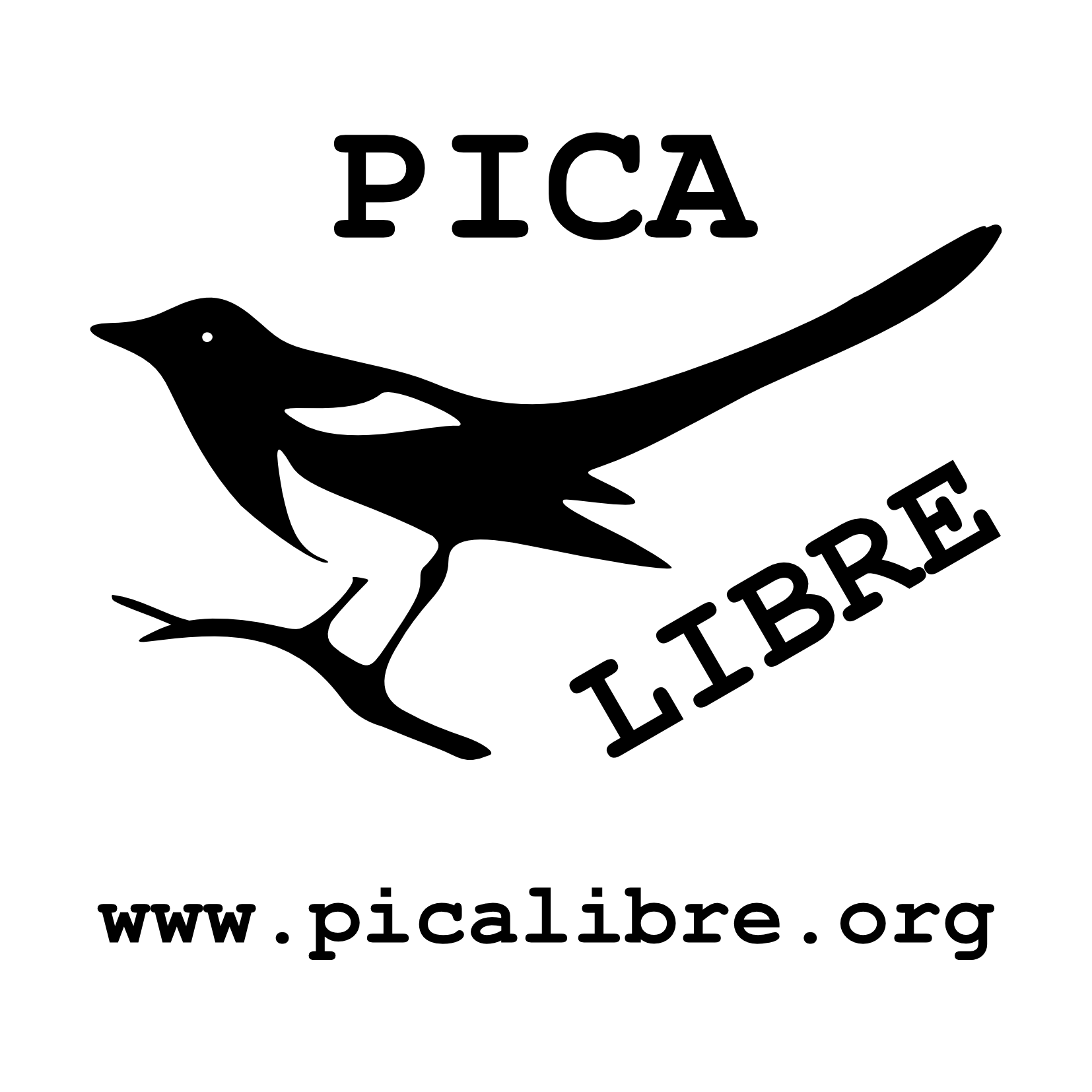PicaLibre: libre universal secure operating system
PicaLibre is a libre (free as freedom) universal secure operating system.
- PicaLibre is an operating system that is already used daily in diverse real areas from laptops to servers.
- PicaLibre is totally libre (free in the sense of freedom, not in the sense of without charge or zero price). The libre (free as freedom) computing movement defends that software (the programs or applications) and hardware (the physical or material components of devices) must be able to be used, modified and shared by anyone, without imposition of technical, legal or economic restrictions, as rights and freedoms of all people. Likewise, the documentation of interest must also be available with libre (free) licenses.
- From servers to mobile/cell phones, from people without computer skills to expert professionals, PicaLibre seeks to be a libre (free as freedom) operating system for every person, for every use, for every situation and for every device that can work with libre software, for which PicaLibre wants to dismantle all barriers (cognitive, economic, linguistic, sensory, technical, ...) that exist.
- PicaLibre is secure. PicaLibre is totally libre software that is auditable by anyone who, instead of blindly believing, wants to verify that there are no hidden neither remote accesses nor personal information sending, or who wants to find and correct errors. If possible, PicaLibre modifies the software to make it more secure and ethical. PicaLibre is based on and compatible with Debian and Devuan, so if even the PicaLibre development stops (although 15 years of uninterrupted activity supports us), PicaLibre installations will continue to receive security updates without needing to reinstall.
How we seek to achieve it:
- PicaLibre includes numerous self-developed applications and configuration settings to make using it easier for people with less knowledge and to simplify frequent tasks.
- PicaLibre includes a careful selection of libre applications in order to the installation includes everything most people need. The selection criteria include: being translated, working on any hardware and if possible we select those that interact and store the information (configuration, incident log, etc.) in text and non-binary files (because the ideas to incorporate are the good ones, not the bad ones).
- We write documentation, organize talks, courses, workshops and installation sessions, and respond to the communications we receive at the speed permitted by our scarce available personal time.
- PicaLibre is offered free (without charge or zero price). Obviously it is possible to help us financially (donate us, finance us, hire us, ...) because to develop it we use our scarce resources (time, money, ...), but anyone can download and use PicaLibre without paying money.
How to give or receive help:
- Read the PicaLibre documentation, which is being expanded and improved.
- For any questions (simple or complex questions, report errors and possible improvements, contributions, ...) contact by writing to e-mail
pica (a) picalibre.org(replace "(a)" with "@"), if possible in Spanish, English, Portuguese, French, Italian or Esperanto, although it is possible any that is translatable using LibreTranslate. - If you have a problem, contact by writing to e-mail
pica (a) picalibre.org(replace "(a)" with "@") with the description of the problem, attaching the compressed file with all the important system information generated by PicaInfo application. - You can participate in the courses, workshops, meetings and installation sessions that we organize (some are in person, others are via videoconference).
- Our time and money available for PicaLibre is little and we manage it as we think best. Please do not be upset if we delay in answering or if we decline to implement your proposals, you can forward your email if you think we forgot to reply. If you want to contribute to improving the situation, you can help us financially (donate us, finance us, hire us, ...). There are also non-financial ways to help (spread and recommend PicaLibre, report errors and possible improvements, translate to eliminate language barriers, donate hardware that works with libre software, contribute to libre software whose development seems to need help to stay active, ...). Therefore, there are many ways to help, even if you have little computer knowledge. And of course you can also use PicaLibre and not make any contributions if you want.



